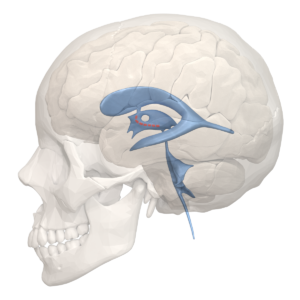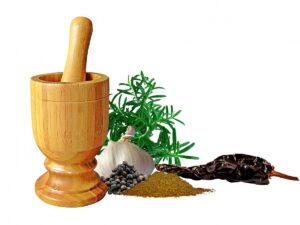Vitamin K Deficiency Causes Symptoms and Treatment – Vitamin K is an essential nutrient that plays a vital role in blood clotting and bone health. It is found in green leafy vegetables, such as kale, spinach, and broccoli, as well as in animal products, such as meat and dairy. A deficiency in vitamin K can lead to serious health complications, including excessive bleeding. In this article, we will explore the causes, symptoms, and treatment of vitamin K deficiency.
What is Vitamin K Deficiency?
Vitamin K deficiency occurs when the body does not get enough of this important nutrient. This can happen for several reasons, including poor dietary intake, malabsorption, liver disease, and the use of certain medications.
Causes of Vitamin K Deficiency
There are several causes of vitamin K deficiency, including:
Poor Dietary Intake
Vitamin K is found in a variety of foods, but people who don’t eat a balanced diet that includes leafy green vegetables, such as kale, spinach, and broccoli, may not get enough vitamin K.
Malabsorption
Malabsorption can occur when the body is unable to absorb nutrients properly. This can happen due to a variety of reasons, including celiac disease, inflammatory bowel disease, and pancreatic disorders.
Liver Disease
The liver is responsible for producing several blood clotting factors, including prothrombin, which requires vitamin K for its production. Liver disease can lead to decreased production of these clotting factors, which can result in bleeding disorders.
Use of Certain Medications
Certain medications, such as antibiotics and anticoagulants, can interfere with the body’s absorption or use of vitamin K. Prolonged use of these medications can lead to a deficiency.
Symptoms of Vitamin K Deficiency
The symptoms of vitamin K deficiency can vary depending on the severity of the deficiency and the underlying cause. Some of the most common symptoms include:
Easy Bruising
A lack of vitamin K can cause easy bruising, which occurs when the blood vessels under the skin break and leak blood.
Excessive Bleeding
Vitamin K is essential for blood clotting, so a deficiency can cause excessive bleeding, which can be life-threatening.
Osteoporosis
Vitamin K is also important for bone health. A deficiency can lead to decreased bone density, which can increase the risk of fractures.
Treatment of Vitamin K Deficiency
The treatment of vitamin K deficiency depends on the underlying cause of the deficiency. In most cases, increasing vitamin K intake through diet or supplements is effective in treating the deficiency. However, in severe cases, vitamin K may need to be administered intravenously.
Prevention of Vitamin K Deficiency
The best way to prevent vitamin K deficiency is to eat a balanced diet that includes plenty of leafy green vegetables, such as kale, spinach, and broccoli. If you are at risk of vitamin K deficiency due to a medical condition or medication use, talk to your doctor about whether you should take a vitamin K supplement.
Conclusion
Vitamin K is an essential nutrient that is important for blood clotting and bone health. A deficiency in vitamin K can lead to serious health complications, including excessive bleeding and osteoporosis. It is important to eat a balanced diet that includes plenty of vitamin K-rich foods to prevent a deficiency.
FAQs
- What are the best dietary sources of vitamin K?
- The best dietary sources of vitamin K are leafy green vegetables, such as kale, spinach, and broccoli, as well as in animal products, such as meat and dairy.
- How is vitamin K deficiency diagnosed?
- Vitamin K deficiency can be diagnosed through a blood test that measures the levels of prothrombin time (PT) and international normalized ratio (INR).
- Can vitamin K deficiency be cured?
- Yes, vitamin K deficiency can be cured by increasing vitamin K intake through diet or supplements.
- Is it possible to overdose on vitamin K?
- Vitamin K toxicity is rare, but it can occur in people who take high-dose supplements. However, it is not usually a concern for people who consume vitamin K through food.




